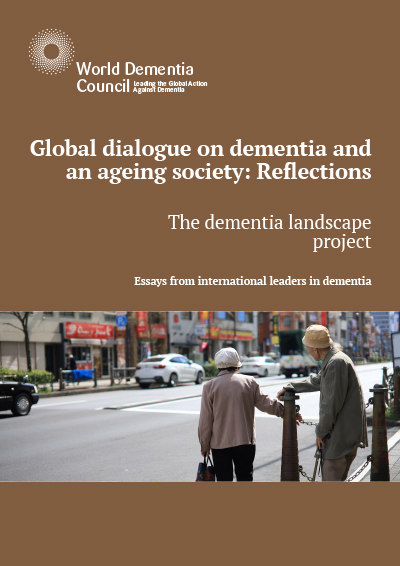
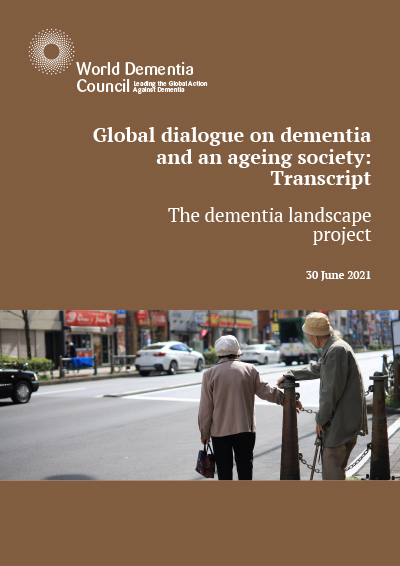
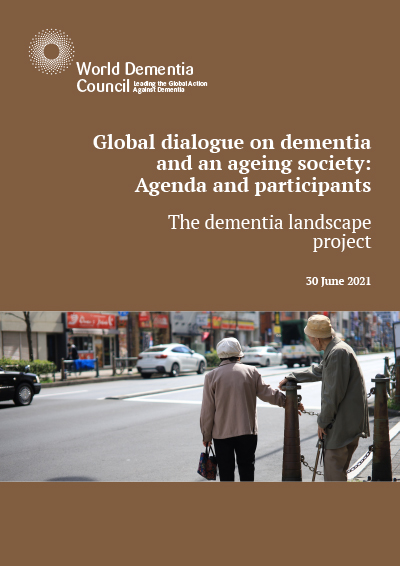
A global dialogue on dementia and an ageing society was co-chaired by Professor Shekhar Saxena, Professor of the Practice of Global Mental Health at Harvard and a member of the World Dementia Council, and Sarah Lock, Senior Vice President for Policy at AARP.

Chairs
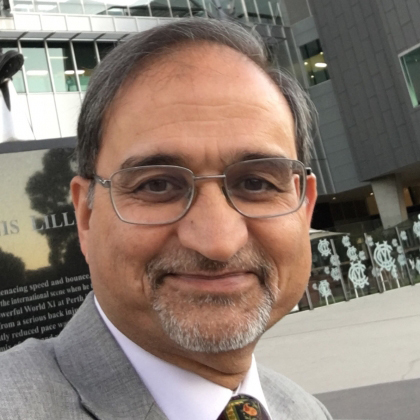 Professor Shekhar Saxena
Professor Shekhar Saxena
Dr Shekhar Saxena is Professor of the Practice of Global Mental Health at Harvard T H Chan School of Public Health. He is a psychiatrist by training and has worked previously at World Health Organization for 20 years including as the Director of the Department of Mental Health and Substance Abuse, Geneva from 2010 to 2018. His expertise includes providing advice and technical assistance to policy makers on prevention and management of mental, developmental, neurological and substance use disorders and suicide prevention. He led the WHO team for adoption of the first ever Mental Health Action Plan by the World Health Assembly in 2013. He also led the adoption of WHO Action Plan on Public Health Response to Dementia and its implementation.
 Sarah Lock
Sarah Lock
Sarah Lenz Lock is Senior Vice President for Policy in AARP’s Policy, Research and International Affairs (PRI) where she helps position AARP as a thought leader addressing the major issues facing older Americans. She leads AARP’s policy initiatives on brain health and care for people living with dementia, including serving as the Executive Director of the Global Council on Brain Health, an independent collaborative of scientists, doctors and policy experts convened by AARP to provide trusted information on brain health. She coordinates AARP’s role in the Leadership Council of Aging Organizations, and helps to ensure policy alignment within AARP.

Speakers
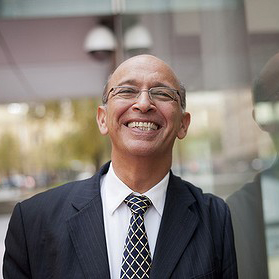 Professor Alexandre Kalache
Professor Alexandre Kalache
Following his medical training in Brazil and then his MSc and PhD in the United Kingdom, dr. Kalache held research and teaching positions at both the Universities of Oxford and London for almost twenty years. From 1995-2008 he directed the World Health Organisation’s global Ageing and Life Course Programme from the Geneva headquarters. During his thirteen years at WHO he launched the Active Ageing Policy Framework and the global movement on Age-Friendly Cities among many other enduring initiatives. In 2012 Alexandre Kalache took up the Presidency of the newly-created International Longevity Centre-Brazil in his home city of Rio de Janeiro. ILC-Brazil is an autonomous think tank which is part of an international consortium of fourteen such centres. Concurrently, Dr Kalache serves as Global Ambassador of HelpAge International, Senior Advisor at the New York Academy of Medicine and sits on a multitude of boards ranging from the World Economic Forum to the Gulbenkian Foundation. He acts as worldwide adviser on ageing issues to national, state and municipal governments, civil society organisations and the private sector.
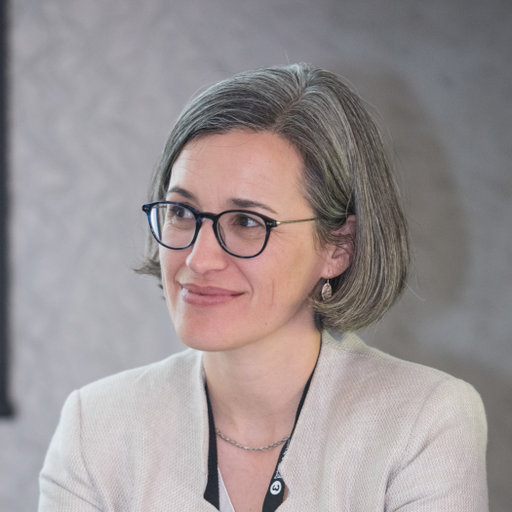 Dr Adelina Comas-Herrera
Dr Adelina Comas-Herrera
Adelina Comas-Herrera is co-lead of the Strengthening Responses to Dementia in Developing Countries (STRiDE) project. Funded by the Research Councils UK Global Challenges Research Fund, STRiDE is a multi- national project covering Brazil, India, Indonesia, Jamaica, Kenya, Mexico, and South Africa. The project aims to build capacity to generate research that supports the development of policy responses to dementia, with related projects also under way in Hong Kong and New Zealand. She is the curator of LTCcovid.org, an initiative linked to International Long-Term Care Policy Network that shares evidence and resources to mitigate the impact of COVID-19 amongst those who use and provide long-term care. Her main research interests are economic aspects of care, treatment and support of people with dementia, and long-term care financing, both in the UK and globally. She has extensive experience in developing simulation models of the future resources required to address long-term care needs and needs arising from dementia.

Other dialogues in the series
To inform the dementia landscape report, the Council has hosted global dialogues for international dementia leaders focusing on key themes of research, care and prevention that were identified at the London dementia summit in 2013, as well as on additional key themes and new policy priorities that we have agreed to highlight in the report, including data sharing and dementia registries, and the impact of dementia on low- and middle-income countries.